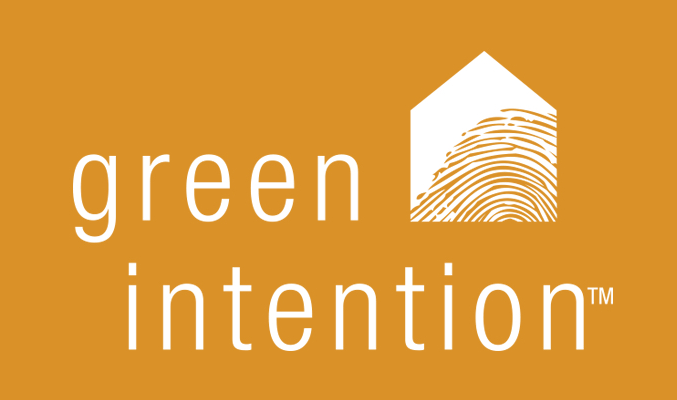Blog
SS 4.3 – Management of Runoff from Roof
Oh, this is a timely posting. What is interesting here is that all the LEED requirements are design and build requirements; now that we have lived in our house for a little over a year, we can see if what we planned to happen is indeed the case. Water runoff from the...
SS 4.2 – Permanent Erosion Controls
Erosion controls go hand in hand with permeable lots -- both are intended to prevent overloading of storm sewers and reduce storm water runoff, which can damage the soil and water quality of surrounding water bodies. For one point, we can either a. use terracing and...
Everyone must have mowed lawns?
We just received a letter from the City of Minneapolis informing us that we are in violation of a city ordinance that requires all grass to be less than 8" tall. Now, we have a nice little lawn in the front of the house and we mow it once a week - it looks great....
SS 4 – Surface Water Management
This section of Sustainable Sites encourages the design of site features to minimize erosion and runoff from the home site. This is actually a pretty big problem in Minneapolis. We get a fair number of huge downpours in the summer, and the runoff from all the roofs,...
SS 3 – Local Heat Island Effect
The intent of this credit is to design landscape features to reduce local heat island effects. What is a local heat island effect? According to the LEED for Homes manual, it refers to the absorption of heat by hardscapes, such as pavement and buildings, and its...
SS 2.5 – Reduce Irrigation Demand
This credit is complicated! I realize now that we did not even go for it, because it is an either/or possibility for the three previous sections -- SS 2.2, 2.3, and 2.4 being prescriptive measures, and this one being performance-based. If we had gone for points in...
SS 2.4 – Drought-Tolerant Plants
This credit rewards you for installing "drought-tolerant plants," which helps reduce the need for irrigation. To figure out whether or not we get a point, we have to calculate the number of newly installed drought-tolerant plants as a percentage of the total newly...
SS 2.3 – Limit Conventional Turf
Okay, in SS 2.2 we did not get the 2 points because we did install "conventional" turf, as opposed to what is deemed "drought-tolerant" turf. Here, the USGBC allows us to have the turf most people want, but the more you limit it as a percentage of your total softscape...
SS 2.2 – Basic Landscape Design
In this credit, we need to have developed a site map showing existing or planned structures, topography, orientation, sun and wind exposure, use of space, and existing vegetation. Our landscape architect did this, luckily (see image). For two points, we need to meet...
SS 2 – Landscaping
This section on landscaping offers a total of 7 points with one prerequisite; it is also the first section that started requiring more work involving calculations. When I asked our landscape architect to help with these, they wanted to charge $1,500 -- am incremental...
SS 1.2 – Minimize Disturbed Area of Site
This credit here is worth one point, and it is broken down for previously developed sites and not previously developed. For a site that is not previously developed, there has to be a tree or plant preservation plan with "no-distrubance" zones clearly delineated on...
SS 1 – Site Stewardship
We are now in the third of eight sections of the LEED for Homes checklist: Sustainable Sites. The first time I read this, I thought, how is this different from Location & Linkages? The best explanation I have found is that Sustainable Sites is about the...
Photo credit: Paul Crosby
